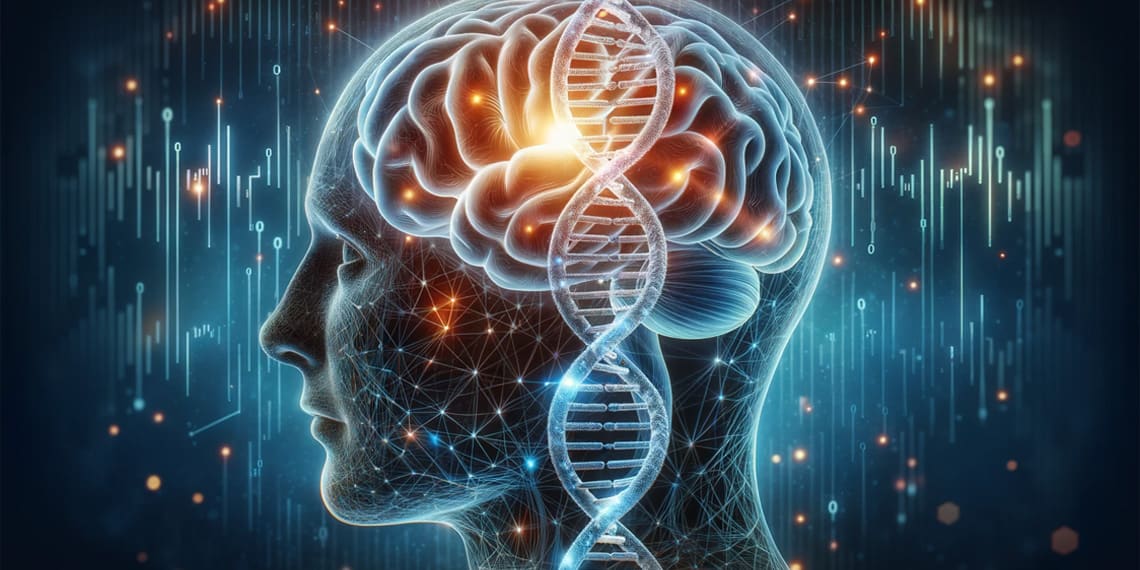A new study published in Neurobiology of Stress has revealed a significant connection between the aging of genes and cognitive abilities, shedding light on how our genes may influence brain health in adulthood. The research focused on the process of epigenetic aging and how it relates to cognitive function. Epigenetic aging refers to changes in DNA over time due to environmental factors and lifestyle choices that can impact gene function.
The study aimed to understand the link between epigenetic aging and cognitive function by analyzing data from two groups: the Female Growth and Development Study (FGDS) and the Biological Classification of Mental Disorders (BeCOME) cohort. The participants underwent neurocognitive assessments, which included tests covering various cognitive domains such as language abilities, memory, reasoning, working memory, and attention. Genomic DNA was also collected from the participants.
The findings showed that there were two factors related to cognitive abilities in both groups: general cognitive abilities and speeded cognitive abilities. General cognitive abilities represent overall cognitive capacity, while speeded cognitive abilities refer to the ability to perform cognitive tasks quickly and efficiently.
The study found that the first-generation epigenetic clocks, Horvath and Hannum, which estimate chronological age, did not correlate strongly with cognitive function. However, the second-generation clocks, GrimAge and PhenoAge, which capture aging-related health issues, showed different associations. GrimAge acceleration was linked to lower general cognitive abilities in one group, while the DunedinPoAm clock, designed to estimate the pace of biological aging, showed associations with lower general cognitive abilities in both groups.
It’s important to note that the study used peripheral blood to assess epigenetic aging, which may not directly reflect brain aging. The findings were based on cross-sectional data, making it challenging to determine causality. Future research should explore these associations longitudinally and consider larger and more diverse samples to confirm and expand upon the findings.
In conclusion, the study suggests that epigenetic age acceleration may be associated with neurocognitive function, but further research is needed to understand the direction of causality and the potential for early indicators of cognitive impairments. The researchers emphasize the importance of optimizing epigenetic clocks as biomarkers for diagnosing and addressing cognitive impairments in diverse populations.


